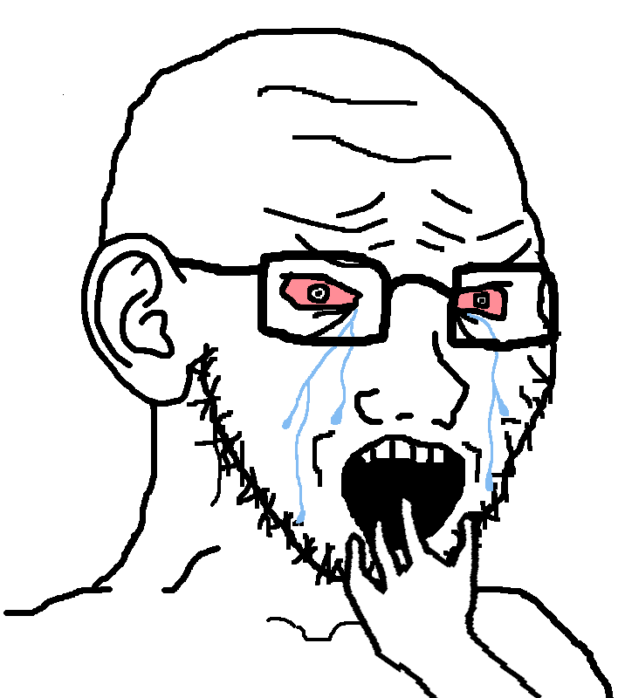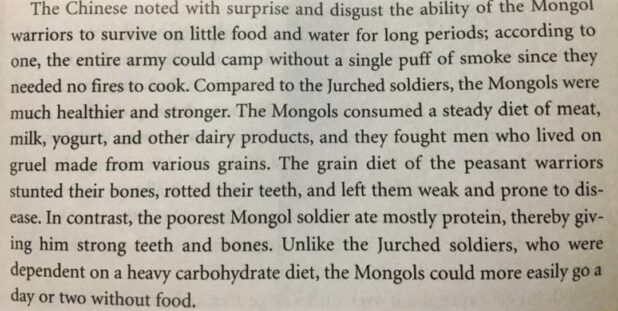This weather-changer agenda is really getting extreme.
According to The Guardian: “Kari Hamerschlag is the deputy director of Friends of the Earth US’s food and agriculture program and Christopher D Cook is an award-winning journalist and author of Diet for a Dead Planet: Big Business and the Coming Food Crisis.”
They write for The Guardian:
As the climate crisis boils over, new research shows that reducing methane emissions is our best hope to rapidly stem the crisis. It’s time to turn up the heat on the industrial meat industry and dramatically curtail its climate harm, which includes 32% of global methane emissions. Yet instead development banks are using public funds to expand this sector that generates 16.5% of total greenhouse gas emissions (GHGs).
On 19 and 20 October, hundreds of public development banks (PDBs) will gather for the second Finance in Common Summit to make pledges to advance Paris climate and UN sustainable development goals (SDGs). The summit – which will also focus on agriculture and agribusiness transformation – presents a vital opportunity for these banks to put their money where their mouth is and align their agriculture investments to meet these goals.
Development banks on every continent are directly undermining the UN SDGs and Paris goals by channeling billions of public dollars into multinational meat corporations. While undermining the livelihoods of small-scale producers, this heavily polluting industrial meat system is fueling the climate crisis, destroying precious ecosystems, promoting animal cruelty and increasing the risk of antibiotic resistance and future pandemics.
With vast documented evidence of factory farming’s destructive effects, a new global campaign, Divest Factory Farming, is calling on PDBs to immediately stop financing industrial livestock operations and shift their investments towards a more equitable and sustainable food system. A 2020 investigation by the Guardian and the Bureau of Investigative Journalism revealed that over the past decade, just two banks – the World Bank’s International Finance Corporation (IFC) and the European Bank for Reconstruction and Development (EBRD) – “have provided $2.6bn for pig, poultry and beef farming, as well as dairy and meat processing”. Additional research shows that the top five development banks have spent more than $4.6bn in this sector over the past 10 years.
Unless we dramatically scale back meat and dairy and move swiftly to sustainable methods, experts project that livestock production alone could account for a whopping 80% of the world’s budget for greenhouse gas emissions (in a 1.5C temperature increase scenario) by 2050. If cattle were a nation, they would be the third largest emitter of greenhouse gases in the world. With less than 10 years to prevent irreversible climate catastrophe, every investment and policy must help greatly reduce emissions while bolstering food security and resiliency to weather upheavals.
By ending investments in factory farms, public development bank leaders will send a clear signal to other public finance institutions, the private sector, markets and governments that it’s time for meaningful emissions reductions from livestock, and time to shift subsidies and investments toward highly productive, lower-carbon ecological farming. There is no time to waste.
There are a whole lot of ways to not do factory farming and still create enough meat for the population (assuming you’re not constantly expanding your population with low IQ third worlders).
You can find plenty of these permaculture gardens on YouTube. There is enough acreage in America and Britain to feed our populations with healthy foods, without resorting to soy and insects.
It’s almost like a big part of the weather-changer agenda is making people physically weak.
 Daily Stormer The Most Censored Publication in History
Daily Stormer The Most Censored Publication in History






